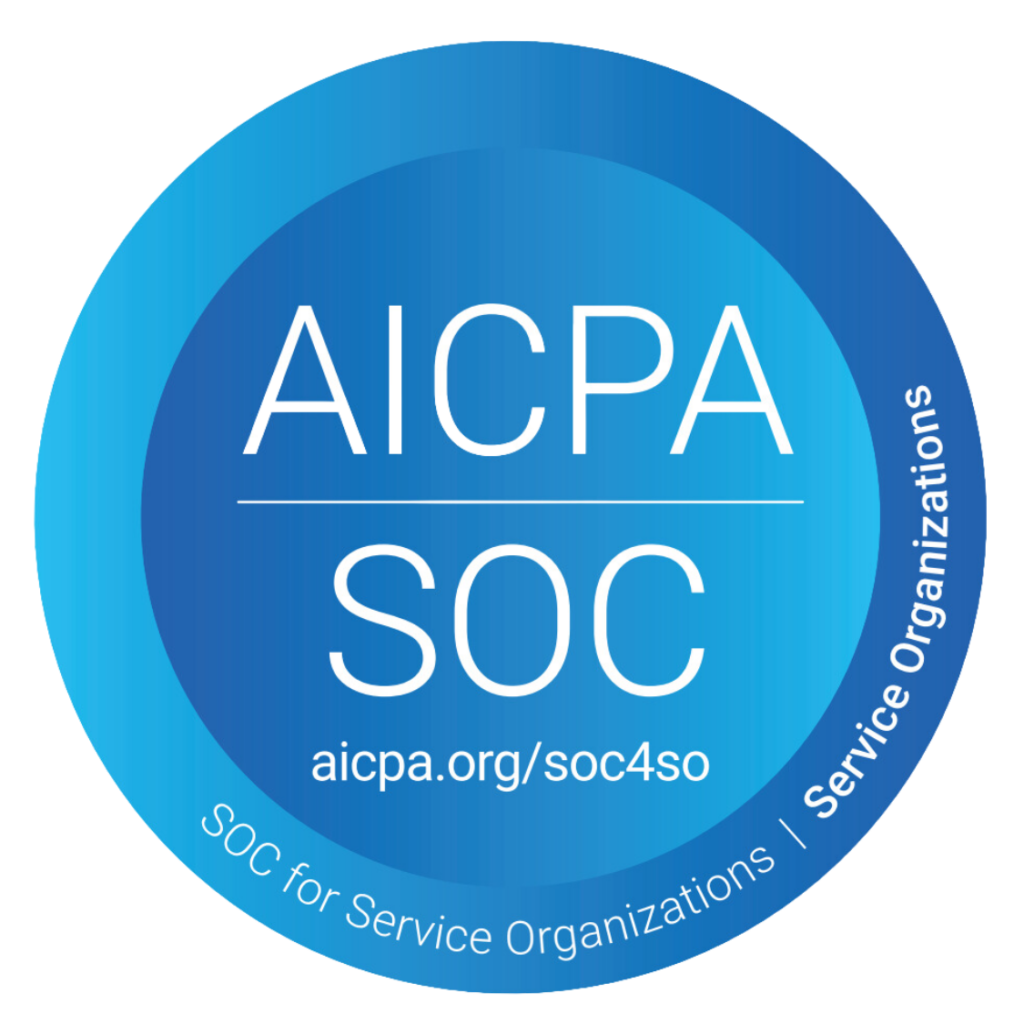Data, often referred to as the new “oil” in the digital age, holds immense value in the healthcare landscape. Self-funded employers have increasingly recognized the transformative potential of data in managing healthcare costs, enhancing employee health, and ultimately cultivating a more productive workforce. Transparent data reporting stands as the critical bridge connecting employers and PBMs, facilitating their ability to work together effectively toward shared goals.
Key Benefits of Transparent Data Reporting
Informed Decision-Making: The Backbone of Strategic Healthcare Management
Employers must be equipped with data-driven insights to make informed decisions that directly influence the health and financial well-being of their employees. Transparent data reporting offers a comprehensive view of healthcare utilization, costs, and trends. This empowers employers to identify patterns, pinpoint cost drivers, and design healthcare plans that are not only cost-effective but also intricately tailored to meet the unique healthcare needs of their workforce.
Cost Control: Navigating the Financial Waters
Healthcare costs can be a significant burden for self-insured employers. Transparent data reporting allows employers to closely monitor their spending, thereby identifying cost-saving opportunities and making necessary adjustments. It’s not merely about slashing costs, but rather optimizing investments for more favorable outcomes. Employers gain insights into which healthcare services are genuinely beneficial, and which might be redundant or costly.
Employee Engagement: Empowering the Workforce
Engaged employees are typically healthier, more productive, and tend to incur lower healthcare costs. Access to transparent healthcare data empowers employees to take control of their health and wellness. When employees are informed about their healthcare options, costs, and the quality of care they receive, they become more proactive in seeking the best care at the most reasonable cost, further contributing to an organization’s overall success.
Alignment of Goals: A Unified Approach
Transparent data reporting functions as the common language that aligns the goals of PBMs and employers. With this alignment, both parties collaboratively strive to improve healthcare quality, manage costs efficiently, and ensure a positive employee experience. This unity fosters trust and collaboration, as everyone shares a common vision of the desired outcomes and the path to achieve them.
Transparency: The Cornerstone and Building Block of Trust
Trust is the bedrock upon which any successful partnership is built, and the relationship between PBMs and self-insured employers is no exception.
Imagine trust as a building, with each layer of transparency acting as a sturdy block. The stronger and more numerous these blocks are, the more resilient the structure of trust becomes. For self-insured employers, it’s crucial to trust that their PBM is acting in their best interest, as the PBM plays a central role in managing their healthcare benefits. Similarly, PBMs must trust that employers are fully committed to enhancing healthcare outcomes for their employees.
Transparency and Trust: A Symbiotic Relationship
Trust Begets Transparency
Trust is not something that materializes overnight; it’s earned over time through consistent, transparent actions. Self-insured employers will place their trust in a PBM when they see a demonstrated commitment to transparency. When PBMs are open about their practices, costs, and decision-making processes, employers have confidence that the PBM has nothing to hide.
Transparency Begets Trust
Conversely, transparency fosters trust. When PBMs provide access to comprehensive, easily understandable data and openly share information, it reinforces the belief that they are operating in the best interest of the employer. This openness strengthens the employer’s confidence in the PBM, reducing uncertainty and fostering a sense of partnership.
A Clear View of Costs
One of the primary concerns for self-insured employers is the cost of healthcare benefits. Transparent data reporting allows employers to understand the breakdown of these costs, including where the money is going, what fees are being charged, and what financial arrangements are in place. This knowledge not only helps employers manage their budgets effectively but also eliminates any hidden costs or surprises that can undermine trust.
Predictable Decision-Making
Trust is often built on predictability. When PBMs consistently follow transparent, data-driven decision-making processes, employers know what to expect. They can predict how certain actions will impact their healthcare plans and can make informed decisions accordingly.
Enhanced Collaboration
A transparent PBM-employer relationship encourages active collaboration. Employers are more likely to share their specific goals and concerns with a transparent PBM, knowing that the PBM will work with them to address these issues. This collaboration is key to achieving common goals and building lasting trust.
Challenges Without Transparent Data Reporting
Trust Erosion due to Lack of Transparency
- Skepticism: Without transparency, employers may become skeptical about the motives and practices of their PBM, questioning whether the PBM is genuinely acting in their best interest or if hidden agendas are at play.
- Misaligned Goals: A lack of transparency can lead to misaligned goals and expectations, as employers may believe the PBM prioritizes cost savings over employee health, while the PBM may perceive employers as resistant to cost-effective measures.
- Insecurity and Doubt: In an opaque environment, self-insured employers may feel insecure about their healthcare benefits, doubting whether they are getting value for their investments. Such feelings of uncertainty can gradually erode trust.
Financial Implications of Non-Transparency
- Hidden Costs: The absence of transparent data can leave employers in the dark regarding hidden fees, rebates, and other financial aspects of their healthcare plans, eroding trust and leading to unexpected financial burdens.
- Inefficient Decision-Making: When data is not readily available, employers may make decisions based on incomplete information, leading to suboptimal healthcare plan designs, low employee engagement, and increased costs, ultimately undermining the organization’s financial health and workforce satisfaction.
- Missed Opportunities: Without transparent data reporting, opportunities for cost savings and healthcare improvements may go unnoticed. Employers may inadvertently overlook money-saving strategies or fail to provide their employees with the best healthcare options, potentially leading to financial inefficiencies and reduced employee well-being.
Overall Deterioration of the PBM-Employer Partnership
All the above challenges collectively contribute to a gradual erosion of trust and collaboration in the PBM-employer partnership. This deterioration can significantly hinder the achievement of mutual goals and desired outcomes in healthcare benefit management.
The Role of PBMs in Transparent Data Reporting
PBMs play a pivotal role in fostering trust through transparent data reporting. They should proactively share data with employers, TPAs, benefit advisors, and consultants in a clear and understandable format. This includes data related to drug utilization, claims, costs, and quality measures. By doing so, PBMs demonstrate their commitment to the employer’s goals, transparency, and data integrity.
How PBMs Can Ensure Transparent Data Reporting
Clear Communication: Open Channels for Effective Collaboration
PBMs should establish open and clear lines of communication with self-insured employers. Regular meetings and reports should be part of the routine, ensuring that employers are consistently informed about the state of their healthcare plans.
Data Accessibility: Empowering Employers
Employers should have easy and secure access to their data. PBMs should offer user-friendly interfaces or platforms that allow employers to view their data in virtual real-time, enabling them to make data-driven decisions effortlessly.
Data Quality: The Bedrock of Trust
Accurate and reliable data is paramount. PBMs should have mechanisms in place to verify the accuracy of the data they provide to employers. Any discrepancies should be promptly addressed to maintain the trust of their partners.
Customized Reporting: Tailored to Unique Needs
Different employers have distinct needs. PBMs should be flexible and able to provide customized data reporting to meet the unique requirements of each self-insured employer. This tailored approach demonstrates a commitment to understanding the specific needs of each partner.
MaxCare’s Commitment to Transparency
At MaxCare, we firmly believe that employers’ data is truly their data, and they should have unrestricted access to it. Unfortunately, many PBMs do not offer full transparency in data sharing. We are dedicated to breaking this pattern by providing our self-insured employer partners with comprehensive, virtual real-time data that empowers them to make informed decisions. Our reporting solutions are thoughtfully designed to meet the unique needs of each employer, ensuring that they have a clear view of their healthcare plans’ performance. We understand that trust is built on transparency, and we are unwavering in our commitment to fostering robust, collaborative relationships with our partners.
In conclusion, transparent data reporting is not merely an option but a necessity in the relationship between PBMs and self-insured employers. It enables informed decision-making, cost control, employee engagement, and alignment of goals. Trust, the cornerstone of any successful partnership, is fortified through transparency. Employers who work with PBMs that prioritize transparent data reporting are better equipped to navigate the complex healthcare landscape, control costs, and improve the health and well-being of their employees.



